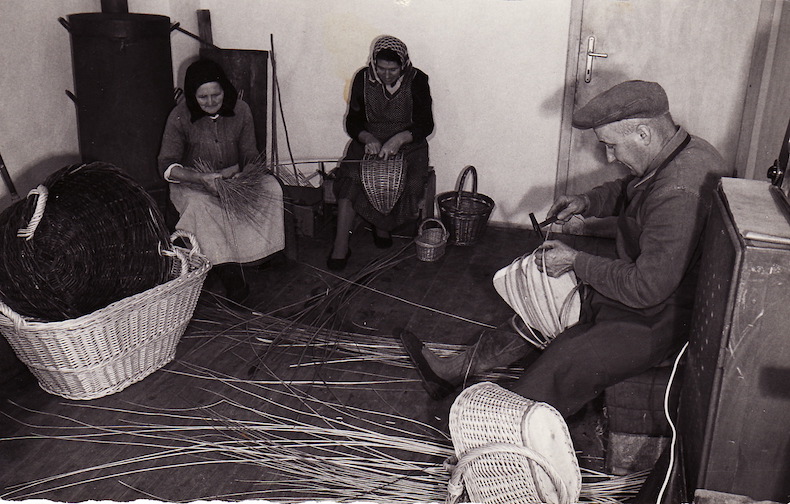
Ever practiced your creativity? If you’re like me, probably never. So when I read Daphne Gray-Grant’s three blog posts on deliberate practice, I was intrigued. I thought you had to be born a good writer. Kind of a laughable belief when I think about it. I don’t know of anyone who came out of the birth canal or c-section incision with a completed novella in hand.
When I was young, I used to get into a writing fury, punch out a short story in a week at most, and then let it sit forever. I thought that was practicing. But that’s the scribe’s equivalent to a novice pianist learning to play by randomly hitting the piano keys each week instead of practicing scales or studying master composers. Can you imagine attempting to knit a sweater by randomly moving yarn and needles together?
So why should writing be any different?
Author Malcolm Gladwell says in his book Outliers that anyone wishing to become an expert at something needs about 10,000 hours of practice. He talks about The Beatles, Wayne Gretzky, and Steve Jobs, to name a few. While he does believe that success is part situation, he also believes that the mastery needed to achieve success rides on practice.
But I have a job to do, a family to look after, and friends I’d like to hang out with. I don’t have 5 to ten hours a day to practice so I can accumulate my 10,000 hours in three to six years, and I refuse to be the Loner Writer.
However, I do have 10 minutes in a day, and that’s what Gray-Grant proposes. So I started practicing. Not every day, but frequently. My ideal time is in the morning as a sort of warm-up to my day’s deadlines.
Not practicing 10,000 hours doesn’t mean you’re bad at your art. On the contrary! It means that you can accomplish mastery in your chosen art form: mastery isn’t genetic, it’s learned. Moreover, chances are pretty good that whatever your creative passion is, you likely did quite a bit in your youth already. A little practice goes a long way and it’ll help you grow your creativity even further.
We manage all data submitted as outlined in our privacy policy.